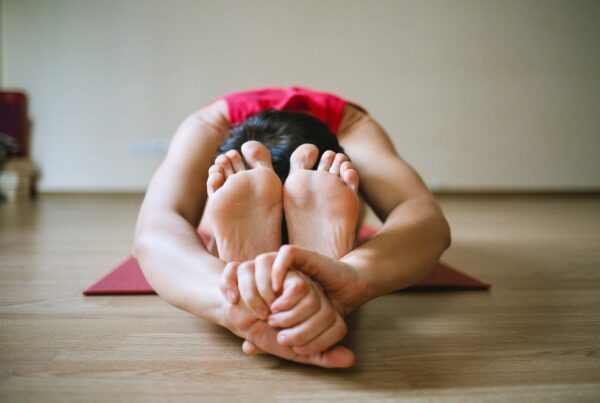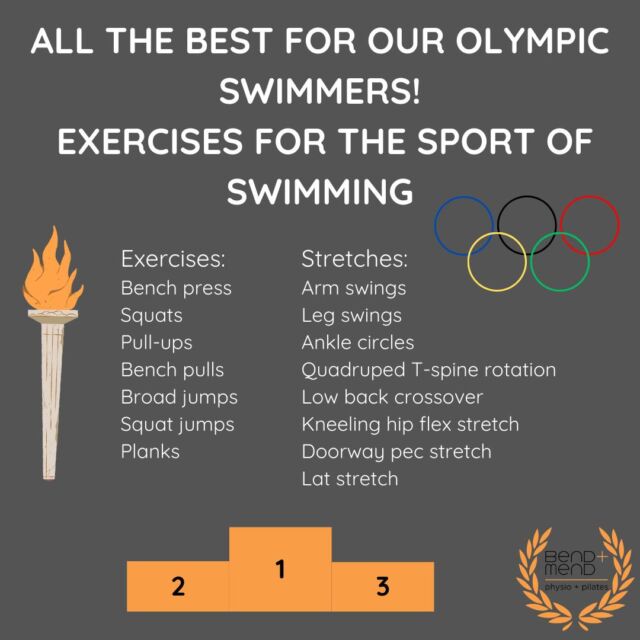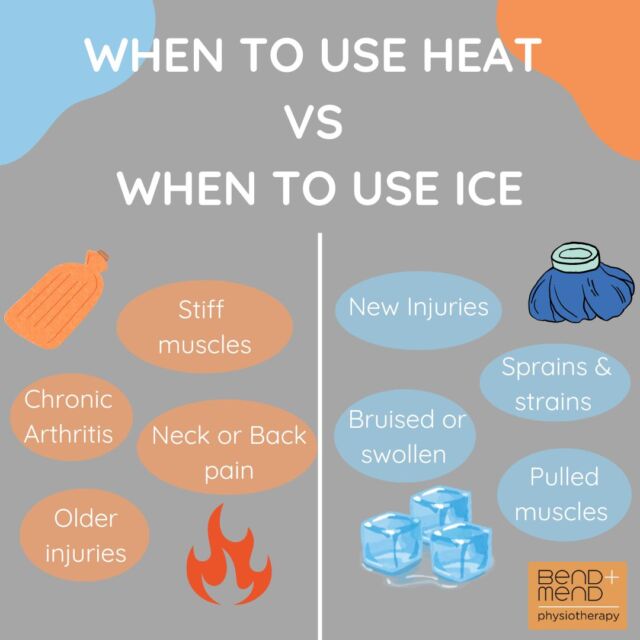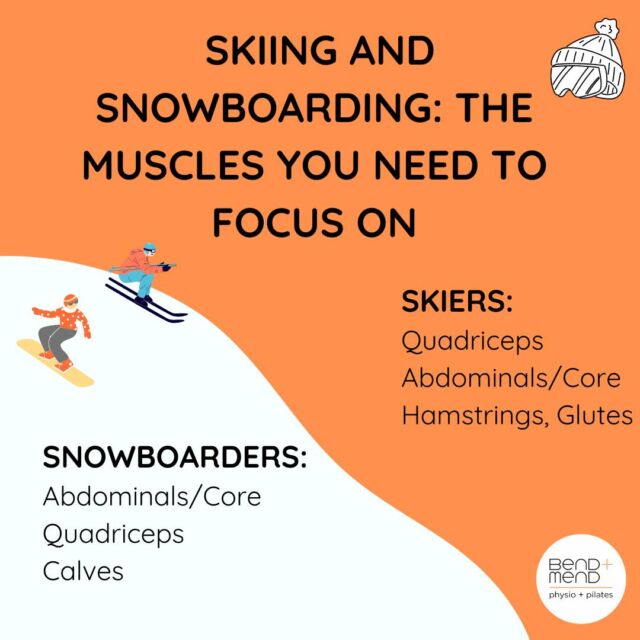 Runners, the year’s best events are closer than you think! Now is a great time to think ahead. Here’s a few tips to head off problems before they begin.
Runners, the year’s best events are closer than you think! Now is a great time to think ahead. Here’s a few tips to head off problems before they begin.
Make a safe start (and make it now!)
Just getting going with some running and not having any issues is an achievement. I say this because pain often occurs in the weeks when you are resuming running after a break or adding kilometres to a low base. Your tissues will adapt and strengthen with running, (which is magical really!) but will take time. Now, most of us know this principle already but often underestimate it and increase the load a bit too quickly.
The earlier you start, the more gradual your increase in training can be. So start now if you’re ready, but start small. The trick is to harness the enthusiasm and enjoyment of getting back into running, without “over-cooking” your body. So consider ways to limit the volume, frequency or intensity of your running week that you’re most happy about. This might be to allow walking breaks, do shorter but high-quality runs, mix it up with cross-training and so on. Whatever you choose, make your first goal to simply avoid big issues in the first month or so.
Learn to care for your trouble spots
You probably know that certain body parts tend to give you the most trouble. It might be tight calves, cranky hip flexors, a grumbling tendon or that knee issue that you started to notice in last year’s big event. But are you sure you know the best combination of methods to help these yourself?
Stretching is good for some muscles, but often bad for tendons. Sometimes the foam roller is crucial, others times it’s just pain for pain’s sake. Some things need rest, others need to be worked. Understanding this isn’t so straightforward so pop in for professional help if you can. A physio visit can make the difference between a niggle and a nasty surprise later on.
Allow for wiggle room in your training plan
If you want to have a training plan to follow, there is no shortage of them available online. Some more cautious, others more reckless! But I think what is often overlooked is the likelihood that your plan will have to change. The average of all the injury rate studies is that roughly half of all recreational runners will have an injury each year. If you’re in the lucky half, you might still get ill, become ‘time poor’ or for whatever reason slip behind in your training plan. In this situation it is very risky to try and catch-up as this will involve a relatively sudden increase in training load. Altering the plan is the smart way to go.
For example, if you’re training for your first ever half-marathon but fall behind in your plan, it may be important to keep building up your weekly “long run” distance so that your endurance improves and you’re mentally ready. But if you do, cut back on the distance in your other runs to reduce your risk of running-specific injury. You can always use a mix of other cardio or conditioning exercises to boost your fitness if you’re worried about your performance suffering. There can be several paths to your running goal and remembering this will relieve the stress if your plan is forced to change.
Wondering about technique? Strength training? Shoes? Now is the time to look into these areas when there is still ample time to work on them. Trying to make changes to technique and footwear in the last weeks before an event is not a good idea. An early running assessment might be just the thing or visit an independent running store regarding running shoes.
Have fun! (And outrun the zombies)
This seemed like a good note to finish on after all my warnings and worries. Racing and achieving goals can be wonderfully satisfying, but running will always be great in and of itself. Many of my current patients will have heard me talk about my newly found “Zombies Run” GPS app where my runs require surges of speed to complete missions and avoid imaginary zombies that groan at me in my headphones! As a grown man, it’s patently ridiculous but I don’t care. I’m running and having fun, and hope you are too.







